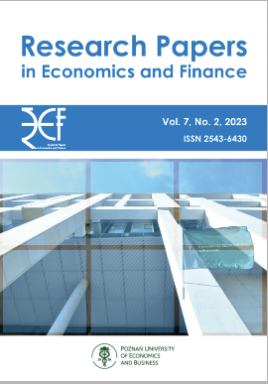The role of rules and norms in conditional cash transfer programs – Latin American experience
The role of rules and norms in conditional cash transfer programs – Latin American experience
Author(s): Marta SordylSubject(s): Socio-Economic Research
Published by: Wydawnictwo Uniwersytetu Ekonomicznego w Poznaniu
Keywords: conditional cash transfers; poverty; Latin America;
Summary/Abstract: The most important element of conditional cash transfer (CCT) programs is conditioning the social transfer on some pre-defined requirements concerning healthcare and education. The conditioning (co-responsibility) is justified by the belief that higher accumulation of human capital will allow the beneficiaries to permanently lift out of poverty. The literature on the subject is ample, focused mostly on the cost effectiveness of CCTs and their impact on poverty rates and income inequalities. Usually ignored are the rules and norms – important from the institutional perspective – that affect the behavior of participants as well as non-participants and influence their attitudes towards work, childcare, social responsibility, etc. The aim of the paper is twofold. First, to identify rules and norms that matter for the effects and efficiency of CCTs. Second, to define the channels through which they impact the behavior of economic agents. The research hypothesis assumes that conditionality of transfers increases the efficiency of public social spending and can be applied broadly, in many contexts. To verify the hypothesis, an extensive meta-analyses of available studies was performed. The initial conclusions suggest that CCTs could be successfully used in developed countries as well as in poorer regions.
Journal: Research Papers in Economics and Finance
- Issue Year: 7/2023
- Issue No: 2
- Page Range: 63-80
- Page Count: 18
- Language: English

